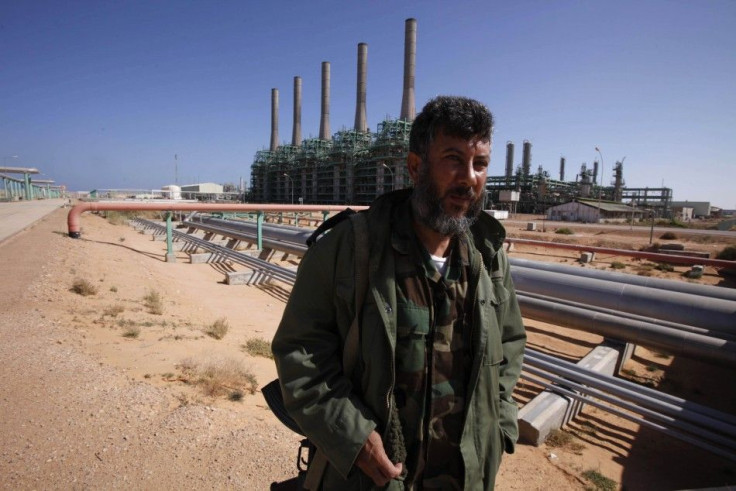Egypt’s Appalling Economy: Libya To The Rescue?

An earlier version of this story erroneously mentioned "President Hosni Mubarak" of Egypt, who stepped down in 2011. It has been updated with the name of Egypt's current president, Mohamed Morsi.
With Egypt’s foreign currency reserves pretty much exhausted, no tourism industry, and no International Monetary Fund deal finalized or announced, President Mohamed Morsi is looking anywhere for help to prop up his country’s slowly melting economy. The Qatari government was kind enough to hand over $4 billion of support earlier in March.
But, Libya? It might not be that crazy of an idea. Libya is still dealing with political reform and attempting to control separatist groups after overthrowing its own dictator, Moammar Gadhafi, in 2011. Despite this, its economy, dependent mostly on oil, rebounded very quickly after the revolution. A report released by the IMF in 2012 showed that Libya’s oil exports, while still down, were on a very healthy rebound from the 60 percent downturn they took during 2011.
As such, Reuters reported on Wednesday that several Libyan newspapers said Egypt’s central bank can be expecting a big deposit from Libya: about $2 billion.
But Libyan Prime Minister Ali Zaidan told reporters in Doha that no final decisions had been made. “It has been under consultation. This issue has not been decided yet,” he said, with no further comment.
Libya’s state news agency later claimed that Libya would be providing Egypt with 1 million barrels of crude oil per month. Libya is an OPEC member.
Reuters later clarified its earlier story, writing that Libya was now denying reports of the alleged $2 billion deposit, and will instead be providing Egypt with 900,000 barrels of oil per month starting in April at “world prices to support the economy.” Egypt’s oil minister and the chairman of the Libyan National Oil Company confirmed this.
Libya, apparently, already has quite a stake in the Egyptian economy. An anonymous central bank official in Libya told Reuters, “Libya owns stakes in three banks in Egypt and companies in various sectors. … Our investments in Egypt are very strategic and we will do what's needed to support that. Egypt's security and stability are as important to us as our own.”
© Copyright IBTimes 2025. All rights reserved.





















